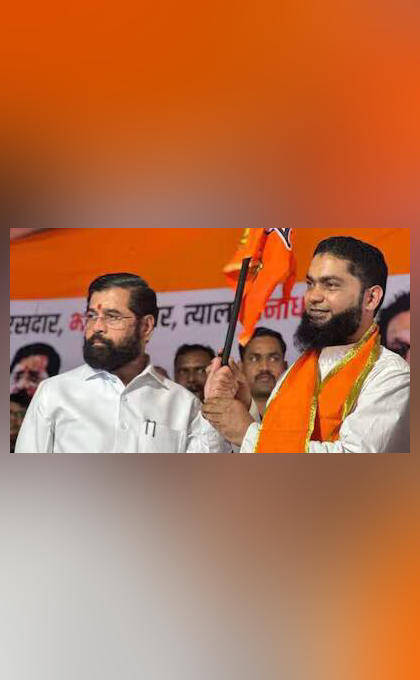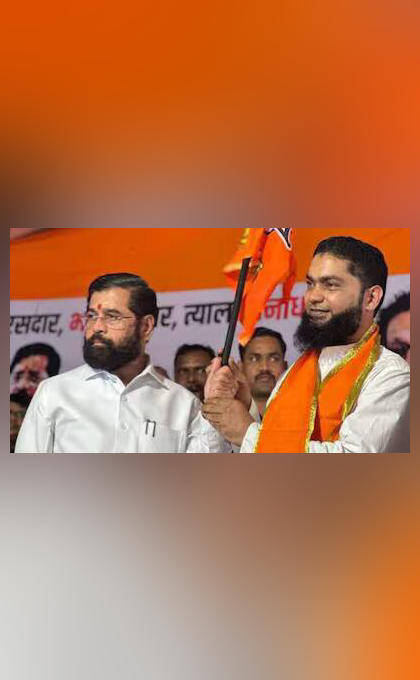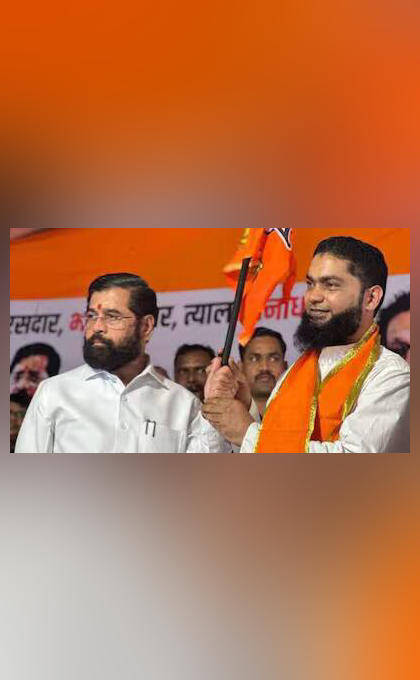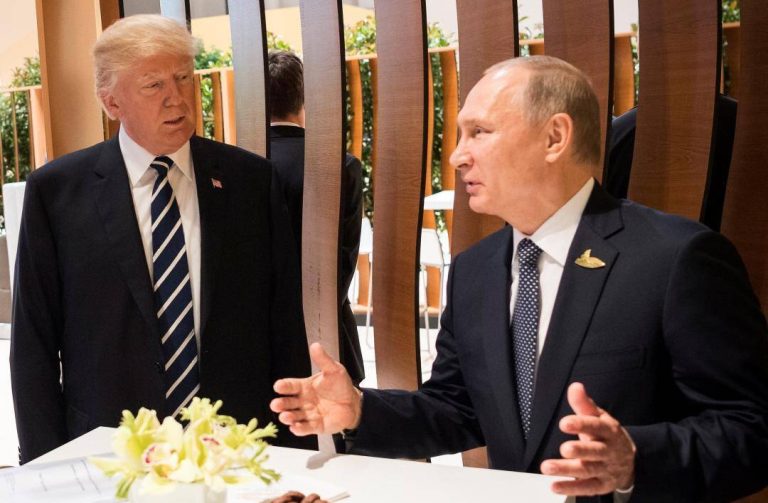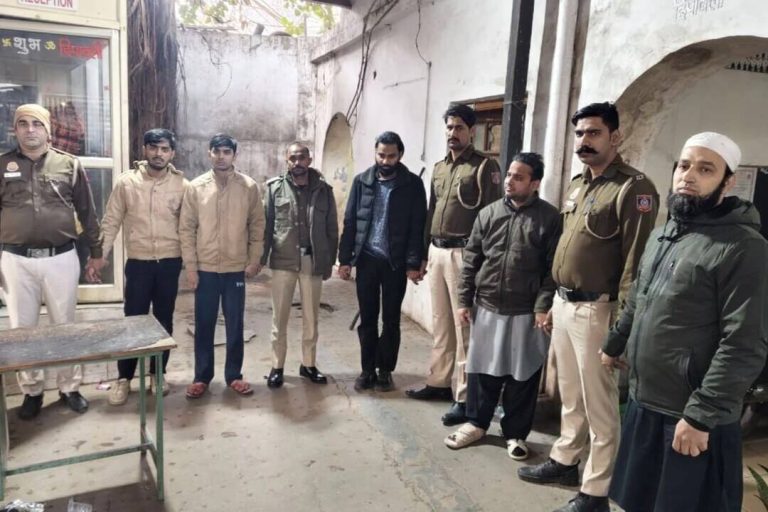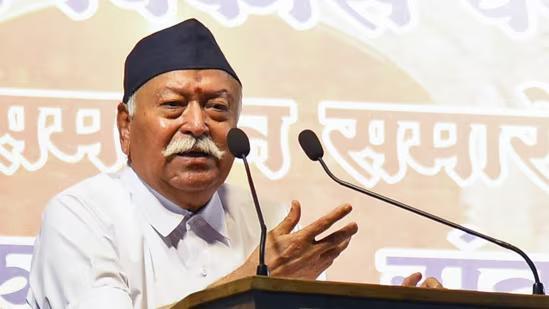
Muslims & Christians are also Hindus if they follow Indian culture: RSS chief Bhagwat
In a recent statement, Rashtriya Swayamsevak Sangh (RSS) chief Mohan Bhagwat has stirred up a new debate by redefining the term “Hindu”. According to Bhagwat, anyone who takes pride in Bharat, the Indian subcontinent, is a Hindu. This statement has sparked a lot of interest and discussion among various sections of society, with many trying to understand the implications of this new definition.
Bhagwat’s statement was made during a speech where he emphasized the importance of Indian culture and the role it plays in shaping the nation’s identity. He said, “If Muslims and Christians, even without giving up their worship, customs and traditions, worship this country, follow Indian culture…then they are Hindus.” This statement suggests that, in Bhagwat’s view, being a Hindu is not just about following a particular religion, but about embracing and respecting the cultural heritage of India.
This new definition of Hinduism is significant, as it challenges the traditional understanding of the term. Historically, Hinduism has been associated with a specific set of religious beliefs and practices, such as the worship of Hindu deities, the observance of Hindu festivals, and the adherence to Hindu scriptures like the Vedas and the Upanishads. However, Bhagwat’s statement expands the scope of Hinduism to include people of other faiths who identify with Indian culture and values.
Bhagwat’s statement can be seen as an attempt to promote a sense of national unity and inclusiveness. By defining Hinduism in cultural terms, he is trying to create a sense of shared identity among people of different religious backgrounds. This approach recognizes that India is a diverse country with many different faiths and cultures, and that people of all backgrounds can come together to celebrate their shared Indian heritage.
The RSS chief also emphasized that India does not need an official label to be a ‘Hindu Rashtra’ (Hindu nation) because its civilization already reflects it. This statement suggests that Bhagwat believes that India’s cultural and historical heritage is inherently Hindu, and that this identity is reflected in the country’s values, traditions, and way of life.
Bhagwat’s statement has been met with a mixed reaction from different sections of society. Some have welcomed his attempt to promote a more inclusive definition of Hinduism, while others have criticized him for trying to impose a particular cultural or religious identity on people of other faiths.
Critics argue that Bhagwat’s definition of Hinduism is too broad and could be seen as an attempt to erase the distinct identities of other religious communities. They point out that Muslims and Christians have their own unique cultural and religious traditions, and that these should be respected and recognized.
On the other hand, supporters of Bhagwat’s statement argue that it reflects a more nuanced understanding of Indian culture and society. They point out that India has always been a pluralistic society, with people of different faiths and backgrounds living together and sharing a common cultural heritage.
In conclusion, RSS chief Mohan Bhagwat’s statement on the definition of Hinduism has sparked an important debate about the nature of Indian identity and culture. While his statement has been met with a mixed reaction, it reflects a desire to promote a more inclusive and nuanced understanding of what it means to be a Hindu. As India continues to grapple with issues of identity, culture, and religion, Bhagwat’s statement is a reminder that the country’s diversity is its greatest strength, and that people of all backgrounds can come together to celebrate their shared Indian heritage.
